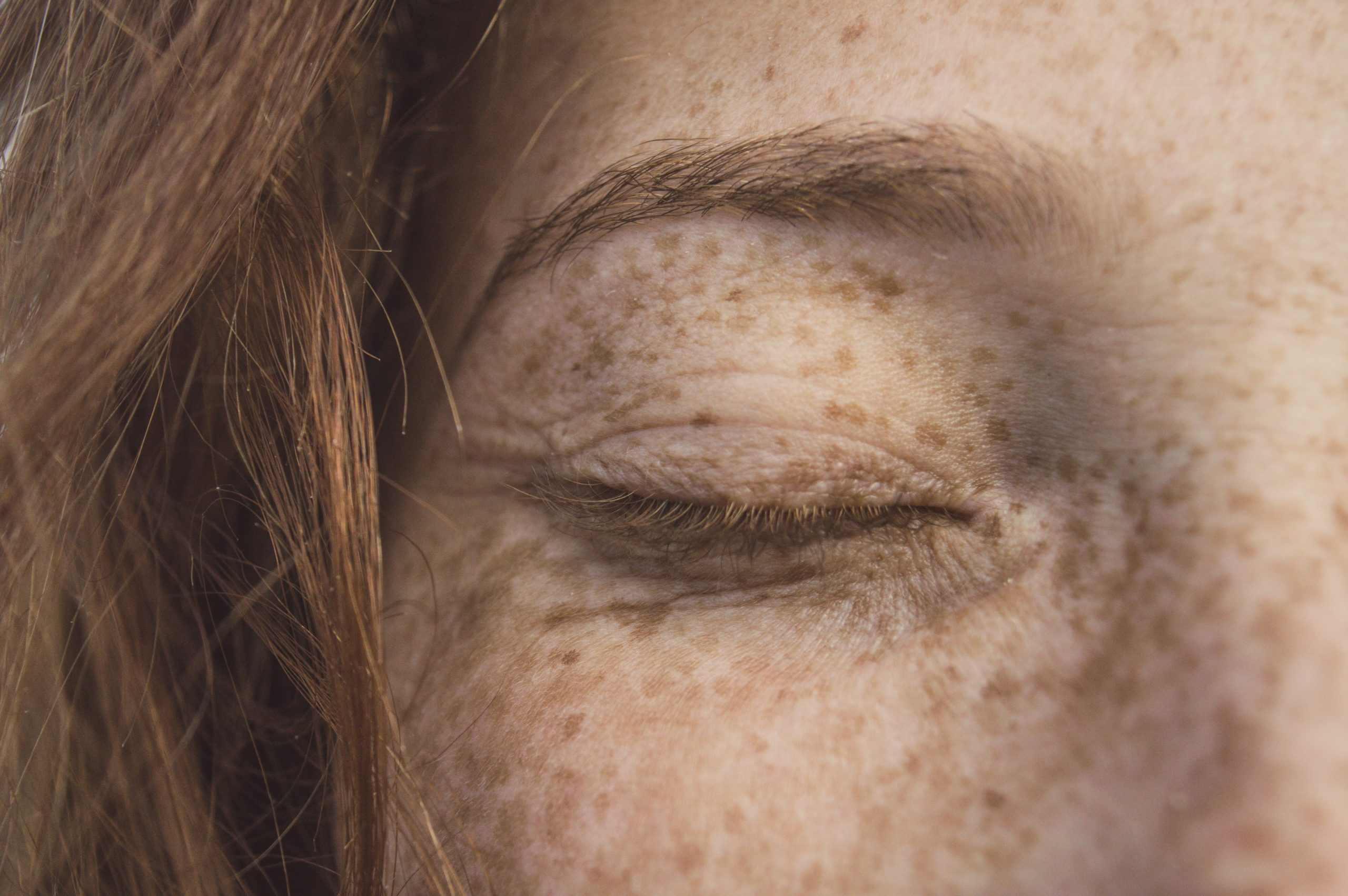Ten Skin Myths Debunked
Published on: 13th July, 2021
Categories: Dry Skin, Obvious pores, Oily Skin, Redness, Sensitive Skin, Sun Damage
We get it, skincare can be a confusing area to navigate. From conflicting advice to the abundance of brands and products available on the market it can seem almost impossible to know what is truly worth using in your routine. While we can’t get rid of the noise, we can correct a few of the falsehoods about skincare we have over time been conditioned to believe and help streamline some of the choices you make. Here are the top ten skin myths we think you need to know.
Myth #1: You should use products from a single brand, don’t mix and match.
This is possibly the biggest myth we’ve all been told and surprise surprise, it usually comes from a brand rep selling you a particular range of products along with a derivative of the line “our products are all designed to work together for optimum results.” In reality, the skincare products you use should each be selected based on their ingredient combinations and how these contribute to your overall skincare aspirations meaning there is no reason why you shouldn’t choose products from several different brands (so long as there is a reason for each in your routine). If you don’t know what ingredients your skin needs your best starting point is a complimentary skin consultation at Script to build your unique skin profile and from there our team of dermal clinicians can assist to recommend the products and treatments right for you.
Myth #2: If it works for my friend, I should give it a go.
Did you know that there are over 13 thousand possible skin profile outcomes from our dermatologist-developed Script technology? That means you have a one-in-thirteen-thousand chance of having the exact same profile as the next person. So, while it may seem good and well to take a friendly recommendation, the chances that it will have the exact same impact on your skin is highly unlikely. You wouldn’t take a medical recommendation from anyone but a doctor, so why take skincare advice from anyone but a highly trained expert? The first step is getting your skin profile completed so you can see what products and treatments are the right match for you.
Myth #3: Sunscreen is just for summer.
The ultimate no no. Script dermatologist and founder Professor Greg Goodman AM preaches this regularly and with his recent recognition as a member of the order of Australia for significant service to medicine, skin and cancer research and education, we’re happy to take his lead on this one. “While there might not be much UVB in many temperate climates in Australia in winter, there are plenty of deeply damaging UVA, visible and infrared lights and as such, it’s vital to ensure you’re applying a broad-spectrum sunscreen that blocks both UVA and UVB rays everyday – regardless of how the weather looks.”
Myth #4: You should cleanse with hot water to open the pores and deep clean the skin.
It might seem like a good idea to use super-hot water to aid a deep cleanse of your skin but really you might be doing more damage than you realise. Introducing a lot of heat to your skin isn’t a good idea especially if you are prone to inflammatory skin conditions and broken capillaries. Lukewarm water is the key to a great cleanse.
Myth #5: While we’re on cleansing, you can skip a proper cleanser and cleanse with soap.
While we are all for a simple yet effective daily skincare routine, a properly formulated cleanser is essential in keeping the oils on the top layer of your skin balanced and in good health. Professor Goodman explains “soap is very alkaline and the skin surface is an acidic environment so this interaction is not healthy. Soap works by dissolving the natural oils in the skin and that squeaky-clean feel that many people like is an indication that the top layer of skin is devoid of its healthy oils”. Simply put – opt for a cleanser matched to your skin profile. It will make all the difference in ensuring you maintain that healthy oil balance and correct skin pH, meaning the products you follow with can penetrate and work most effectively.
Myth #6: Oily skin types should avoid products with oils and moisturise less.
Another one which sounds logical in theory but in reality, isn’t the case. Our skin has two types of oils, those that we see on the surface in oily skin types, and then the ‘good’ oils which are responsible for holding your skin cells together and ensuring it looks plump and hydrated. When it comes to cleansers for example, all those stripping foaming or soapy formulations will impact both types of oils, dehydrating your skin and stripping the microbiome, making it more unhealthy . In reality, oil-based cleansers are often good for oily skin types, as oil attracts oil. Similarly, when it comes to adding moisture back to your skin you might feel like oils or rich moisturisers are to be used sparingly or not at all, but all skin needs hydration – the trick is finding the right formulation for you.
Myth #7: Toners are a must in any skincare routine.
Maybe in the 90s, but we’ve come a long way from the one size fits all approach to skincare that we used to believe. In general, toners and astringents should be avoided by almost all skin types. According to Professor Goodman “Toners often contain harsh astringent chemicals that remove the remnants of the cleanser but simultaneously strip the oils from the skin completely and unnecessarily after the cleanser has removed what it can. Depending on the ingredients, toners can even be too drying for those with oily complexions.” Skin balancers that contain ingredients such as pre and probiotics are a much better prep option for your skin.
Myth #8: Sensitive skin types should avoid exfoliation as it can be abrasive and irritating.
This is partly true in that abrasive exfoliants (especially physical ones such as scrubs) can cause irritation and inflammation to the top layer of our skin. However, exfoliating dead skin cells away can clear clogged pores and aid the ability of skin to absorb moisture from other products. The answer – gentle and less frequent exfoliation with a formulation matched to your skin profile (chemical exfoliators containing AHAs can be great for this) can still be a useful part of your routine in achieving your skin goals. Like any step in your routine, it’s about finding the products right for you.
Myth #9: Your skin type is set for life.
Like the rest of your profile, your skin type changes all the time. It is impacted by lifestyle, hormones and even the weather, with cold weather and lack of humidity drying it out. We see people all the time who had acne in their teens that come is as adults thinking that they are still oily, when in fact their skin is really dehydrated. Script tip – when you do your skincare do it mindfully, think about how it feels and adjust your hydrators accordingly.
Myth #10: Retinols thin the skin.
A common myth surrounding retinols is that they thin the skin, perhaps because they increase cell turnover? Retinoids actually do the opposite, they plump the skin by stimulating new collagen formation and helping your skin to maintain natural hydration levels by allowing a freer flow of water in and out of the skin. And FYI increased cell turnover is a good thing, as it allows new healthier skin cells to come to the surface.

